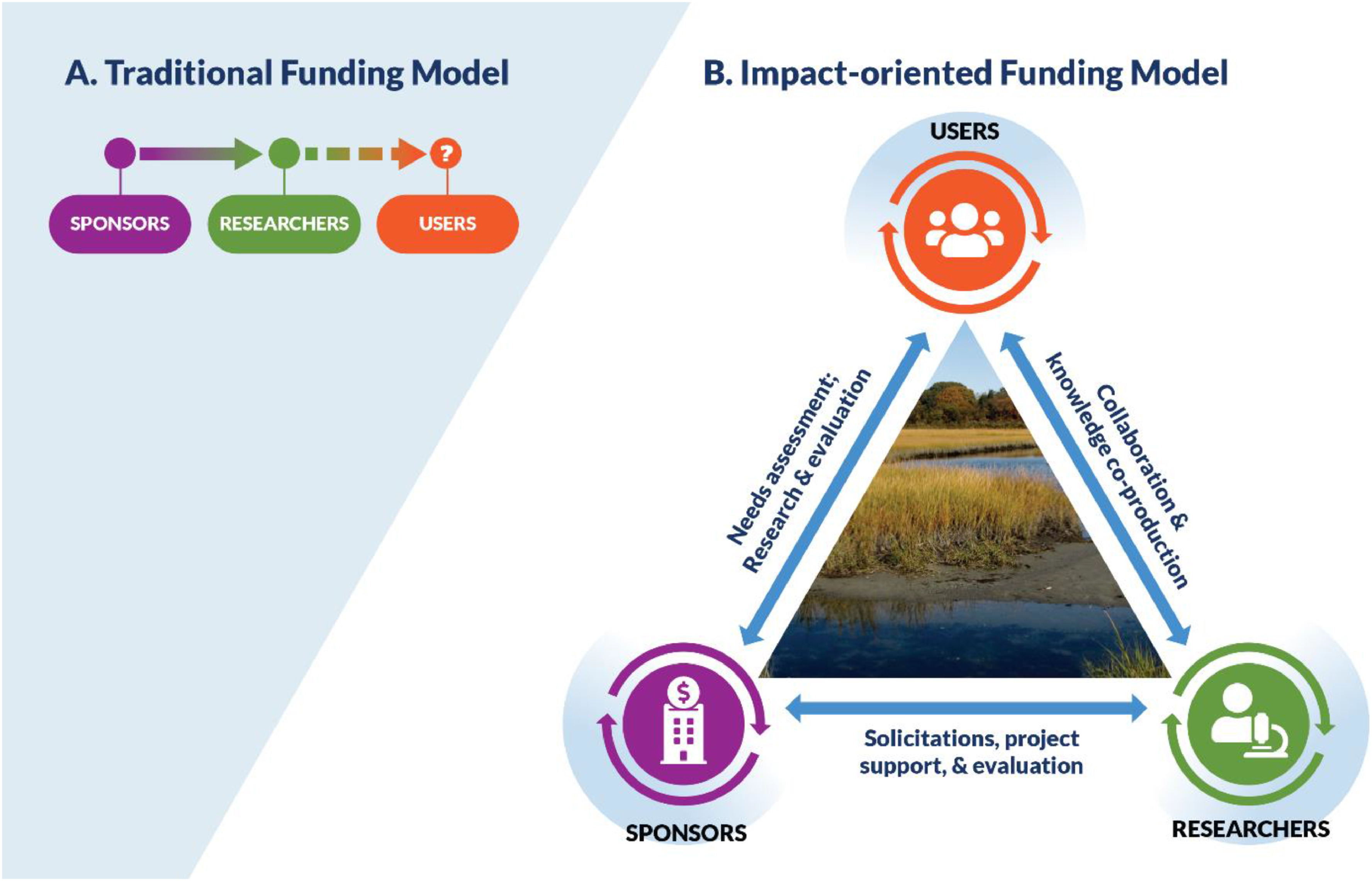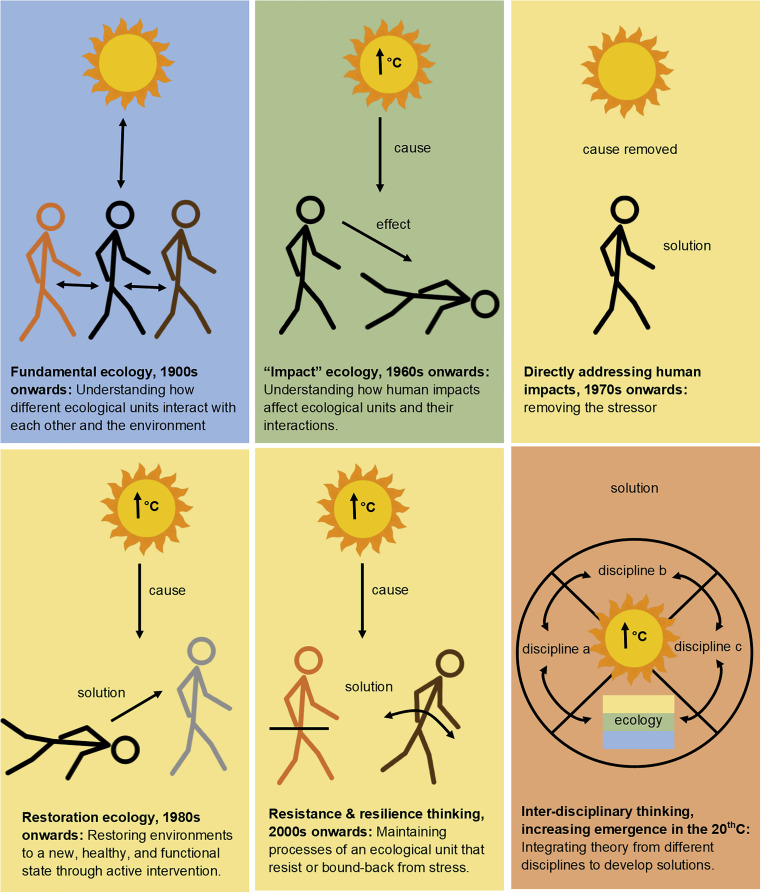Elsevier, Environment International, Volume 134, January 2020
Background: Car-dependent city planning has resulted in high levels of environmental pollution, sedentary lifestyles and increased vulnerability to the effects of climate change. The Barcelona Superblock model is an innovative urban and transport planning strategy that aims to reclaim public space for people, reduce motorized transport, promote sustainable mobility and active lifestyles, provide urban greening and mitigate effects of climate change. We estimated the health impacts of implementing this urban model across Barcelona.
Elsevier, One Earth, Volume 2, 24 January 2020
Does humanity's future lie in the ocean? As demand for resources continues to grow and land-based sources decline, expectations for the ocean as an engine of human development are increasing. Claiming marine resources and space is not new to humanity, but the extent, intensity, and diversity of today's aspirations are unprecedented. We describe this as the blue acceleration—a race among diverse and often competing interests for ocean food, material, and space.
Elsevier, One Earth, Volume 2, 24 January 2020
The unprecedented global heatwave of 2014–2017 was a defining event for many ecosystems. Widespread degradation caused by coral bleaching, for example, highlighted the vulnerability of hundreds of millions of people dependent on reefs for their livelihoods, well-being, and food security. Scientists and policy makers are now reassessing long-held assumptions about coping with anthropogenic climate change, particularly the assumption that strong local institutions can maintain ecological and social resilience through ecosystem-based management, adaptation, and restoration.
Elsevier, One Earth, Volume 2, 24 January 2020
Biodiversity is in rapid decline, largely driven by habitat loss and degradation. Protected area establishment and management are widely used to maintain habitats and species in perpetuity. Protected area extent has increased rapidly in recent years with area-based targets set within international conservation agreements such as the Convention on Biological Diversity's Aichi Target 11.
Elsevier, Food and Bioproducts Processing, Volume 119, January 2020
The recovery of resources from waste streams including food production plants can improve the overall sustainability of such processes from both economic and environmental points of view. This is because resource recovery solutions will be instrumental in overcoming the grand societal challenges in relation to the Water-Energy-Food (WEF) nexus in one of many aspects.
Elsevier, European Journal of Soil Biology, Volume 96, January - February 2020
Recent perspective has highlighted the microbial importance of interplay between catabolic breakdown and anabolic synthesis in influencing soil organic carbon (SOC) dynamics and persistence. However, studies on these contrasting activities remain rare, despite value to global discussions on economic and ecologically sustainable ecosystem management. Here we investigate microbial response in a no-till farm in Northeast China after an 8-year manipulation of plant residue returns of varying quantity including control (0%, NT0), low (33%, NT33), medium (67%, NT67) and high (100%, NT100).
Elsevier, Agricultural Systems, Volume 177, January 2020
Land-use intensification at the field and landscape scale is a strong driver for declining biodiversity and ecosystem service provision. Vineyards are characterised by non-productive inter-rows, which could potentially host diverse plant communities. Mulching, tillage or herbicides are used to mitigate the competition between vines and the inter-row vegetation.
Elsevier, One Earth, Volume 2, 24 January 2020
Is ecology, as a science, doing enough to address big environmental problems? Here, a review of the top 40 ecology journals suggests not. As ecologists, we have the opportunity to reinforce the relevancy of ecology to society through greater promotion and execution of solution-focused science.
Elsevier, Global Environmental Change, Volume 60, January 2020
There is widespread belief that meaningful interaction between scientists and practitioners, or co-production, increases use of scientific knowledge about sustainability and environmental change. Although funders are increasingly encouraging co-production, there have been few empirical studies assessing the outcomes of these efforts in shaping knowledge use. In this study, we systematically analyze research project reports (n = 120) and interview project participants (n = 40) funded by the U.S. National Estuarine Research Reserve System from 1998 to 2014 to support coastal management.
Elsevier, One Earth, Volume 2, 24 January 2020
Is ecology, as a science, doing enough to address big environmental problems? Here, a review of the top 40 ecology journals suggests not. As ecologists, we have the opportunity to reinforce the relevancy of ecology to society through greater promotion and execution of solution-focused science.


